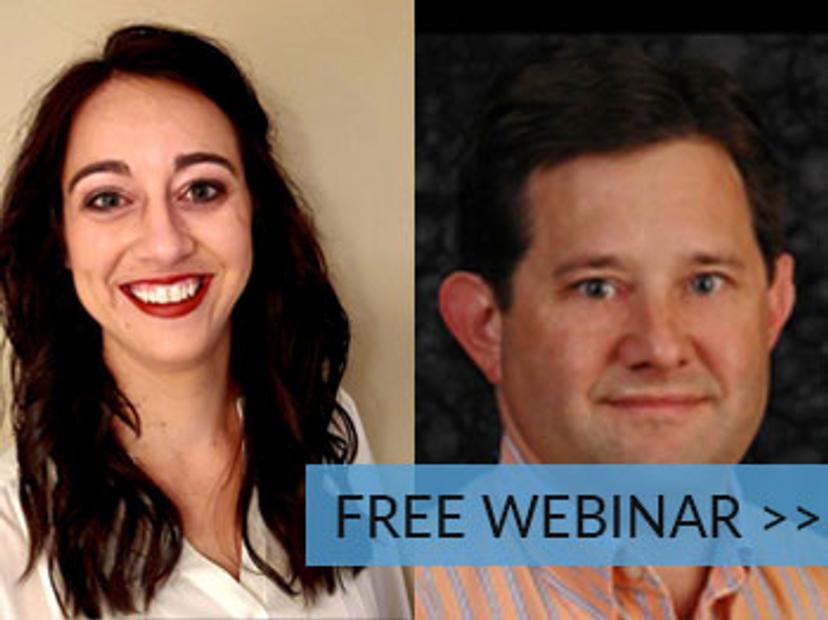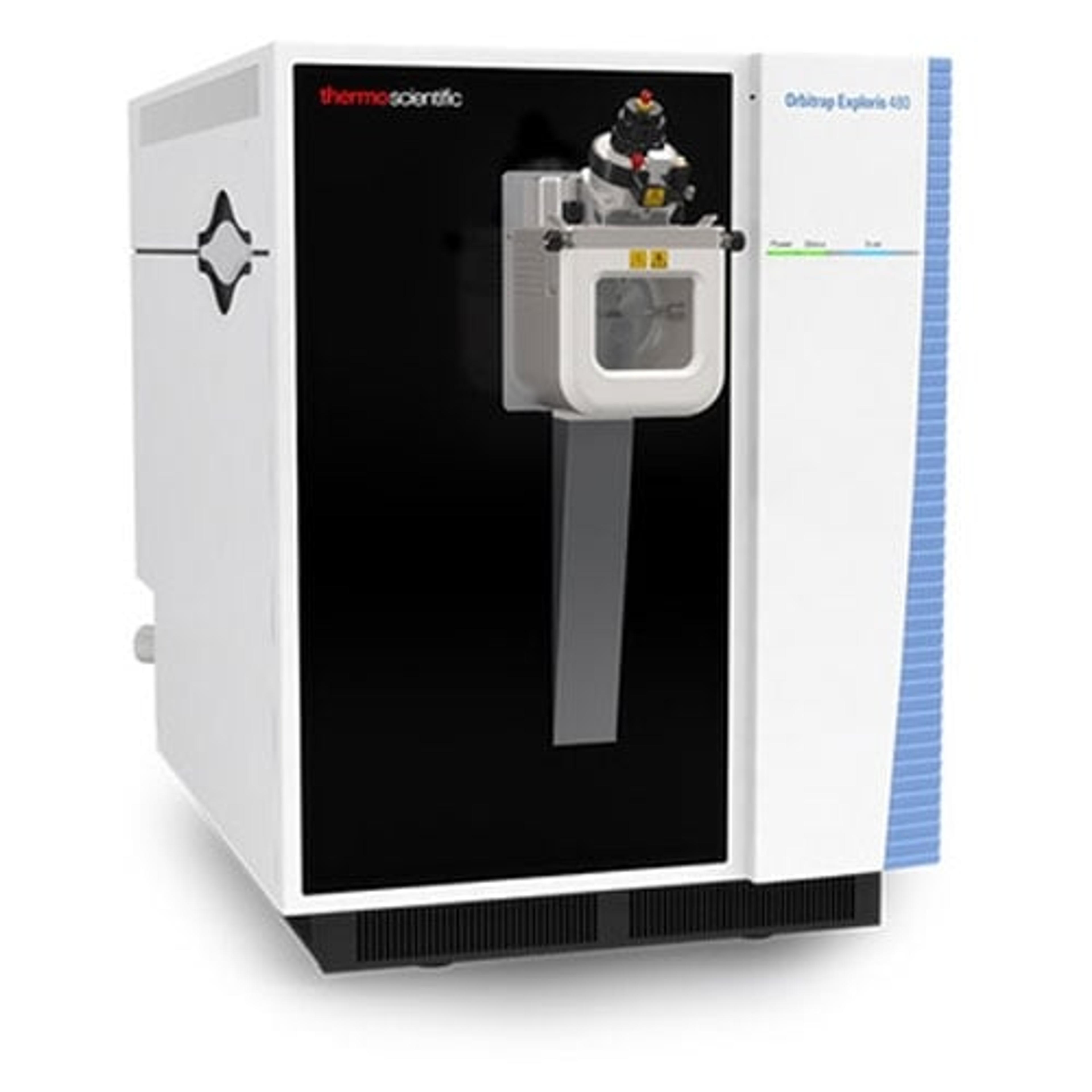Analytical workflows for anti-doping, using LC tools
Join us to learn about the latest methods for equines anti-doping analysis and the importance of liquid chromatography
6 Sept 2020

A major part of mass spectrometry-based analysis is the ability to separate analytes of interest from other analytes and complex matrices. The two most commonly used separation techniques comprise ultra-high-pressure liquid chromatography (UHPLC) and nano liquid chromatography (nanoLC).
Since its inception, UHPLC has shown very high efficiency in separating a wide range of organic compounds. UHPLC can separate many drugs that are not amenable to gas chromatography (GC) based separation owing to their polarity, volatility, or high molecular weight. Research laboratories have been successfully implementing nanoLC for separation of peptides resulting in confident analysis of protein mixtures or samples with very small concentrations of targeted peptides. The combination of UHPLC or nanoLC with the Thermo Scientific™ Orbitrap Exploris™ 480 mass spectrometer results in robust, reliable, reproducible LC-MS assays for clinical research and forensic toxicology laboratories, regardless of the analyte or matrix complexity and user expertise.
In this webinar, Prof. Scott D. Stanley, Director of the University of Kentucky Equine Analytical Chemistry Lab, and Dr. Abigail Burrows, postdoctoral scholar, University of Kentucky, will present on the latest methods for equines anti-doping analysis, the importance of liquid chromatography and the analysis of challenging samples.
Register hereKey learning objectives:
- Review the most current methods widely used in equine anti-doping analysis
- Learn about the utility and importance of the liquid chromatograph (LC) in an LC-MS analysis
- Adapt LC-MS methods to improve analysis of proteins with high matrix interference
Who should attend?
- Scientists in research and applied laboratories focused on LC-MS analyses of small and large molecules
- Industry professionals responsible for designing, developing and implementing LC-MS based methods to address critical challenges
- Laboratory professionals focused on improving productivity and efficiency to achieve desired scientific and business goals
- Scientists implementing novel, cutting-edge technologies focused on LC and MS to enable discovery research
Attend the live webinar on Friday, September 25, at:
- 16:00 BST
- 11:00 EDT
- 08:00 PDT
- 17:00 CEST
Register for this webinar here>>
SelectScience runs 3-4 webinars a month across various scientific topics, discover more of our upcoming webinars>>

